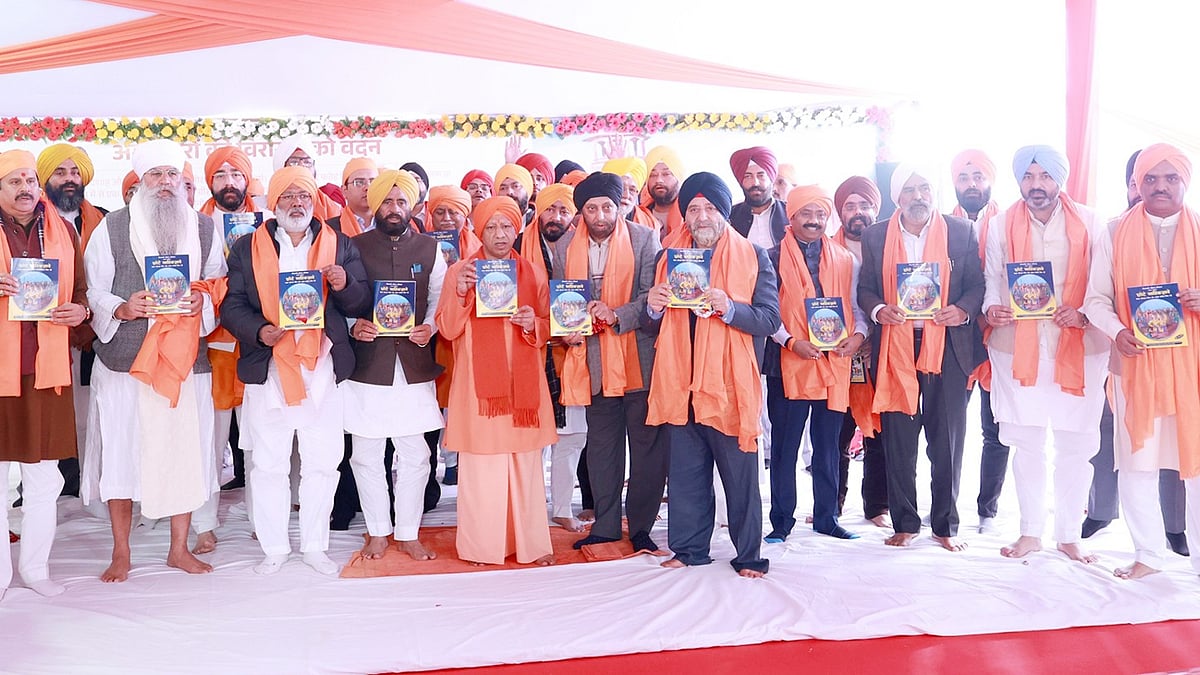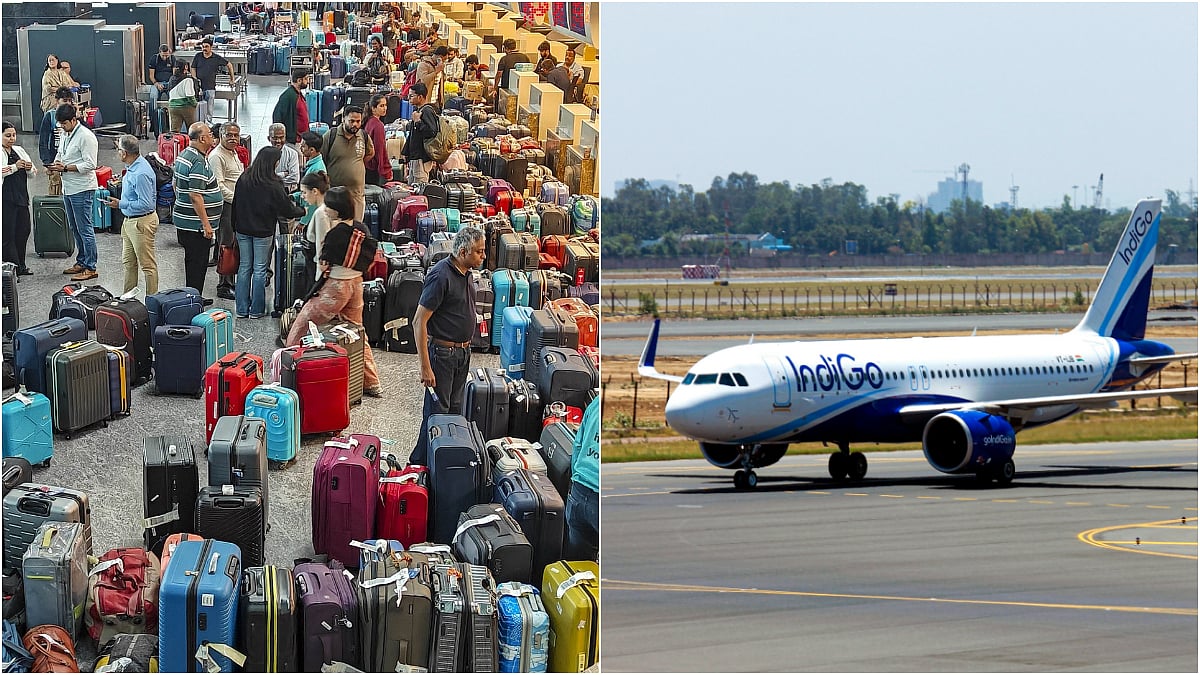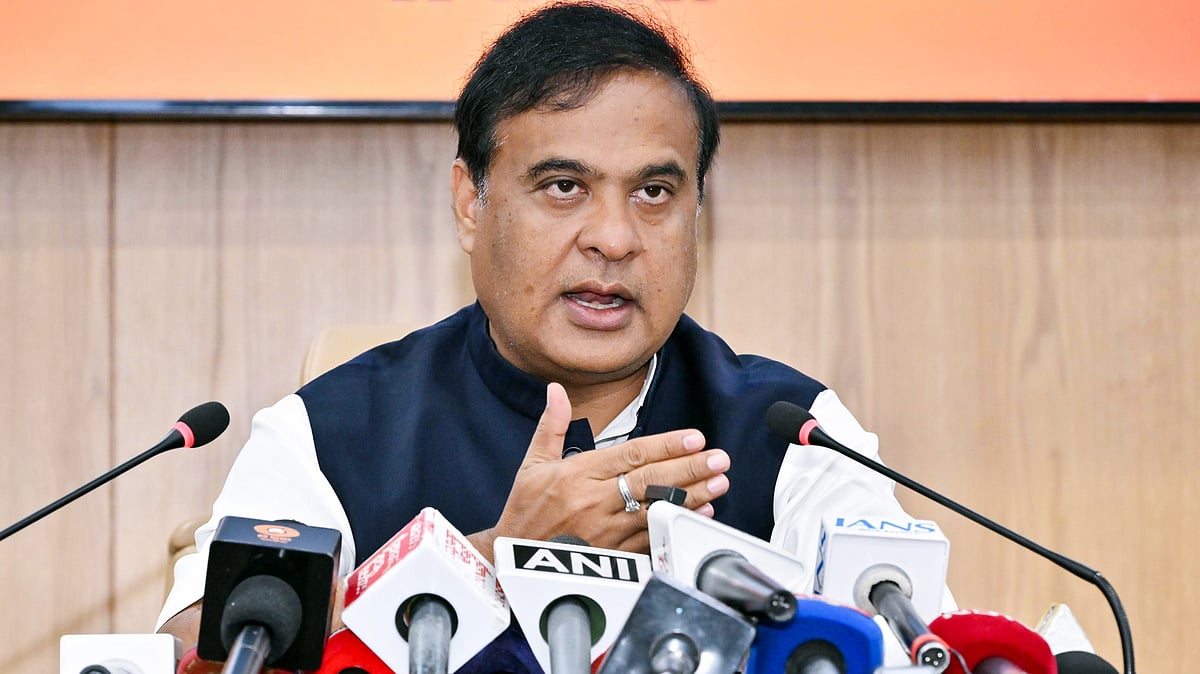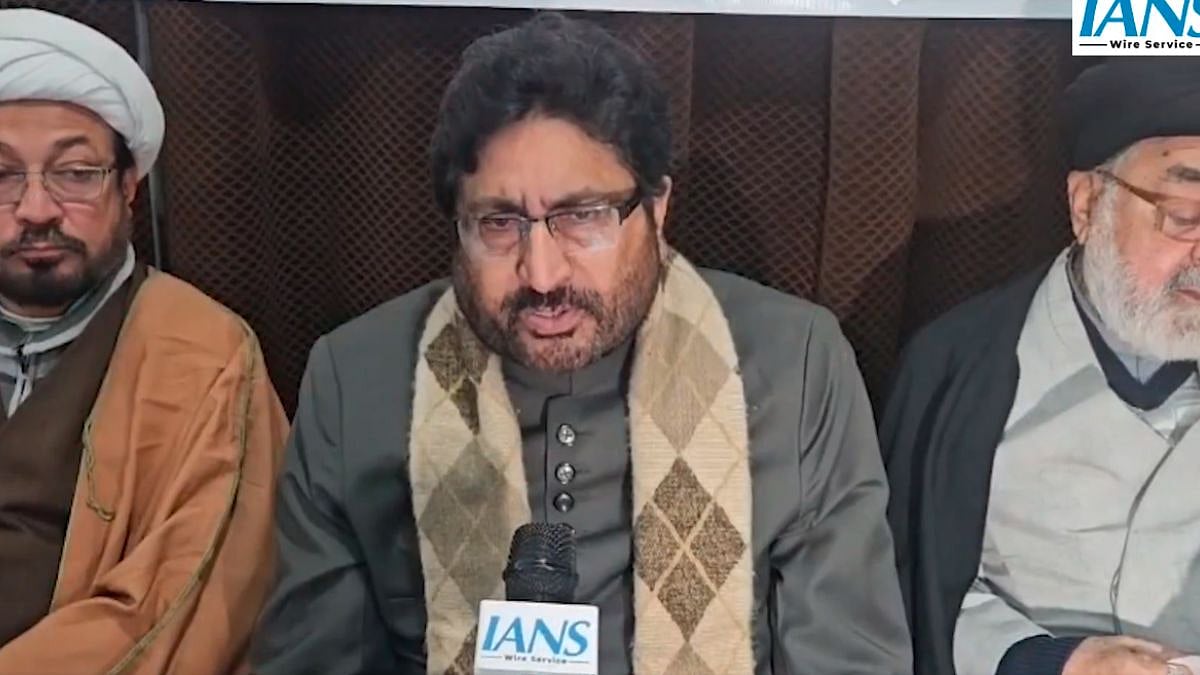India’s climate justice movement is hanging in the balance. Will the recent incidents of charging activists with sedition, and criminal conspiracy deter genuine climate activists from crusading for urgent action to be taken to mitigate emissions, check deforestation and unsustainable development?
Not every protestor is in it to grab headlines after all.
Keeping politics aside for a minute, we do have a very real crisis on our hands and we need informed members of civil society to lead the way in terms of sustainable living and lobbying with the Government for important policy changes.
Our average temperature is rising by 0.17 degrees C per decade. Heat waves are worsening, and sea levels are rising. Alarmingly, the Himalayan region is warming at double the speed. We only have to look at the recent Chamoli disaster in Uttarakhand as evidence of the dangerous impact of climate change in that region.
Infrastructure projects, excessive damming of rivers and unregulated construction are causing horrific tragedies when powerful natural forces clash with these projects.
We caught up with Nagraj Adve, the founding member of Teachers Against the Climate Crisis (TACC) - a non funded, autonomous organization formed in late 2019 with the objective of deepening the understanding of different facets of the climate crisis among teachers, and through them, students - to understand the current situation. The good news is, although there is anxiety felt by young activists, the climate justice movement in India is here to stay. Nothing is going to dampen the spirit of India’s climate warriors.
Have the recent arrests created anxiety among young climate activists? Will it hinder the climate justice movement in India?
Yes, it has, a lot. Young people are worried for multiple reasons – for the three who have been charged and the seriousness of the charges; for who else may get targeted in this case; younger people for their studies and future; older ones about whether it will affect their jobs, etc.
And yes, it will definitely hinder climate justice movements in India, as these young people were both learning and also speaking out; it’s a symbiotic two-way process. It may mean a severe setback to Fridays For Future (FFF) and Extinction Rebellion (XR) in India but also to the climate justice movement in general for a while. The youth generally bring in a lot of new ideas and energy into issues; that will all be affected. But they will spring back. it will grow stronger. One because it is difficult to keep the youth quiet anymore. They also have social media that enables communication a lot easier than earlier. Two, as the climate crisis and other environmental issues deepen, the objective conditions for their protests will intensify.
What has given impetus to the youth climate justice movement in India?
The impetus has come primarily from the growing severity and frequency of climate impacts in India, including floods, extreme events such as intense rains, droughts, heat stress and unusual rainfall patterns. They see the links of these with farmers and other working people being affected.
Another impetus has been related issues such as severe air pollution, which has become a huge concern in many parts of India.
A third impetus of course was the protests in Europe by XR and FFF. It galvanized and catalyzed the formation of a number of groups of youth climate activists here in different towns.
How will the proposed farm laws impact climate change? What measures does TACC recommend to make small agriculture more viable?
Regarding the farm laws, we need to first understand that Indian agriculture is already both fossil fuel intensive [diesel and petrol use etc] and not sustainable [groundwater consumption]. The farm laws are essentially about large corporate control of different aspects of Indian agriculture including marketing, contracts, and even storage of foodgrains and other items. This will intensify these unsustainable tendencies already prevalent in Indian agriculture. The greater carbon footprint of inputs and sales will intensify fossil fuel use and hence climate change. We need to have the APMC mandis in different states, and MSP for different crops. They act as a boost for other crop prices. Measures should include land being in the women’s name; a greater shift to millets; promoting millets in the PDS; enabling the procurement of crop residue and use for bio-energy to both reduce pollution and generate energy, etc.
Will you be submitting any reports to the Government on any pressing environmental issues?
Our subgroup on Delhi’s environmental crises will be creating a report on different aspects of the problem later this year. Once it is ready, yes it will be submitted to the Delhi government. Its main demands will focus around more public buses; that a greater part of Delhi’s electricity be generated from solar and wind; more decentralized/rooftop solar through more incentives; a carbon tax; more cycle lanes, car-free zones, congestion taxes, etc.
The major thrust of TACC’s argument is that the poor who are least responsible for climate change bear the brunt of it the most. How do you propose to bring about more equity within the nation?
Measures that are needed to bring about greater internal equity include higher minimum wages for all workers; implementing and not flouting minimum wage laws; a new maximum wage in each state for anybody that should be no higher than certain times the state’s minimum wage; greater wealth taxes on the well-off; land being in the women’s name; greater welfare spending such as on public health, NREGA, etc. And yes, a carbon tax as well, but the above measures are more important.
The government already has a partial tax such as a cess on coal, but it is too low [Rs 400/metric tonne of CO2]. This needs to be made higher but we need to see how its effects do not harm the poor. We need to avoid measures that are regressive in impact. So the proceeds from a carbon tax need to used or distributed in ways that help the poor, such as using the funds to subsidize electricity/energy use; free public transport; funding renewable energy research, etc.
Is the Indian government more lax about implementing environmental laws as a result of the pandemic?
Yes, it has implemented measures that effectively will be harmful for the environment and for people’s control over resources. For instance, its opening out coal to large private companies; its attempts to weaken the provisions of the EIA, etc
Has India fared well on some environmental parameters such as renewable energy?
Yes, it has fared alright. Solar power capacity has increased from a few hundred megawatts (MW) a few years ago to about 37,000 MW currently; Wind power capacity too has risen to about 38,000 MW. This exceeded both targets and expectations.
Having said that, much more is possible, particularly with decentralized solar. Over 90% of our solar capacity is large solar units that take up lot of land to generate electricity; to address this, the government needs to incentivize decentralized solar much more.
Another issue re the energy transition is of the workers; as we [hopefully] reduce our dependence on coal, what will happen to coal workers and others whose livelihoods depend on those mines and thermal power plants? The govt needs to plan ahead and bring unions and others into the conversation with sincerity.
People’s demands are growing and that’s natural. Cheaper flights, easier access to car financing means upward mobility for poorer people. How can we find a balance?
Whereas it is true that upward mobility does result in greater fossil fuel use, the lockdown has proved that tens of millions of people have actually not been part of any upward mobility despite nearly 30 years of high economic growth. So, on the one hand, we need fiscal measures such as progressive taxation, wealth tax to avoid wasteful consumption [and hence energy use and emissions] by the already well-off; we also need a far more robust welfare system – including health care as COVID has taught us.
The nature of emissions during 2020 also taught us that systems such as transport, energy, even agriculture needs to be transformed so emissions from these sectors can be at least limited. Yes we need development but it needs to be far more equitable and inclusive. This will also mean that the poor will be able to face the impacts of climate change better than presently.
Many hydropower projects in the Himalayas have been sanctioned in the name of renewable energy. However, calamities such as the recent flash floods in Reni village are on the rise. Can you explain why this occurs?
The flash floods were triggered by a huge landslide that occurred at about 5,500 metres altitude. These do happen naturally in the Himalayas, but there are two likely human fingerprints – one, due to global warming, the temperature of ice has changed though it is still ice. Say if ice earlier was at ‒15 oC, it is now at ‒5 oC and is hence more vulnerable. Two, this incident again raises questions about the extent of hydropower we wish to tap in the Himalayas, a highly fragile ecosystem. With continued climate change, its fragility will only increase, and such events and extreme rainfall events will occur more frequently, so we need to be very cautious about how we make changes to the ecosystem there, and where and how many hydropower projects are installed.
What are the habits you follow in your personal life to be more environmentally friendly?
For many years, I have tried to reduce my carbon footprint as much as possible. For instance, I have cut flying to essentials and emergencies for many years. Thanks to my partner – who is a strict vegetarian – I have minimized my consumption of meat. I don’t have a car; I take public transport as much as possible, pre-COVID. Having said all that, personal measures can only help to a degree. Transport systems, electricity systems, etc need to change if emissions have to reduce consistently; that is what the lesson we have learnt from emissions data in 2020 worldwide during the lockdowns.



.jpeg)




